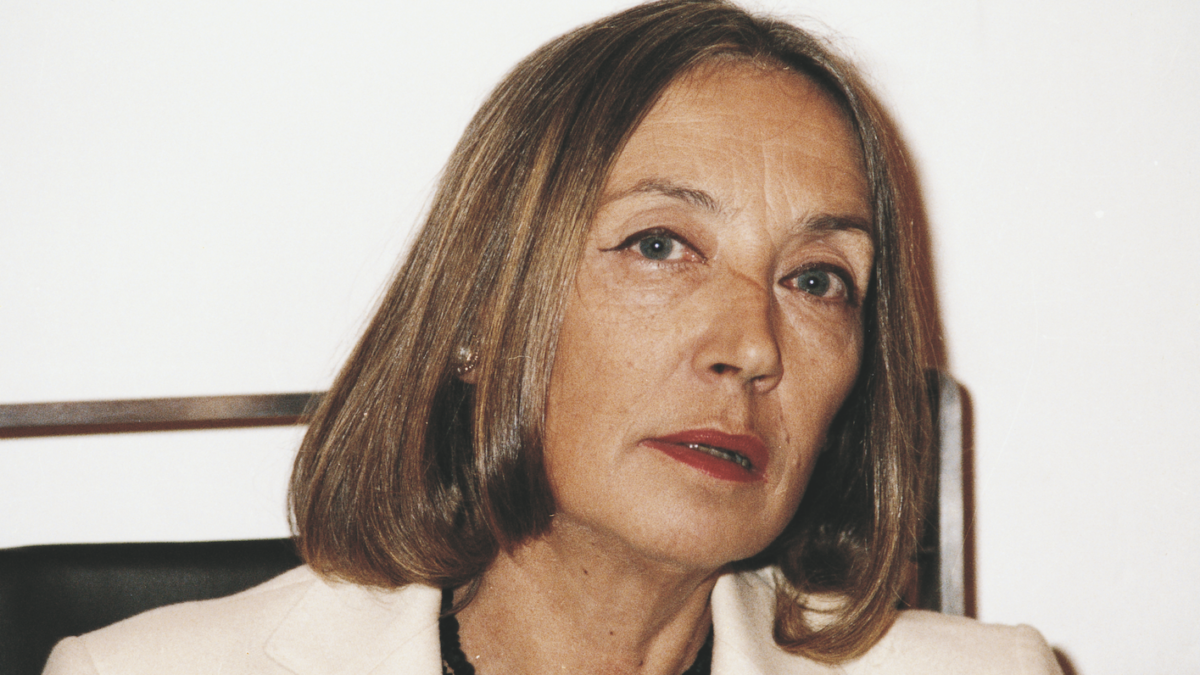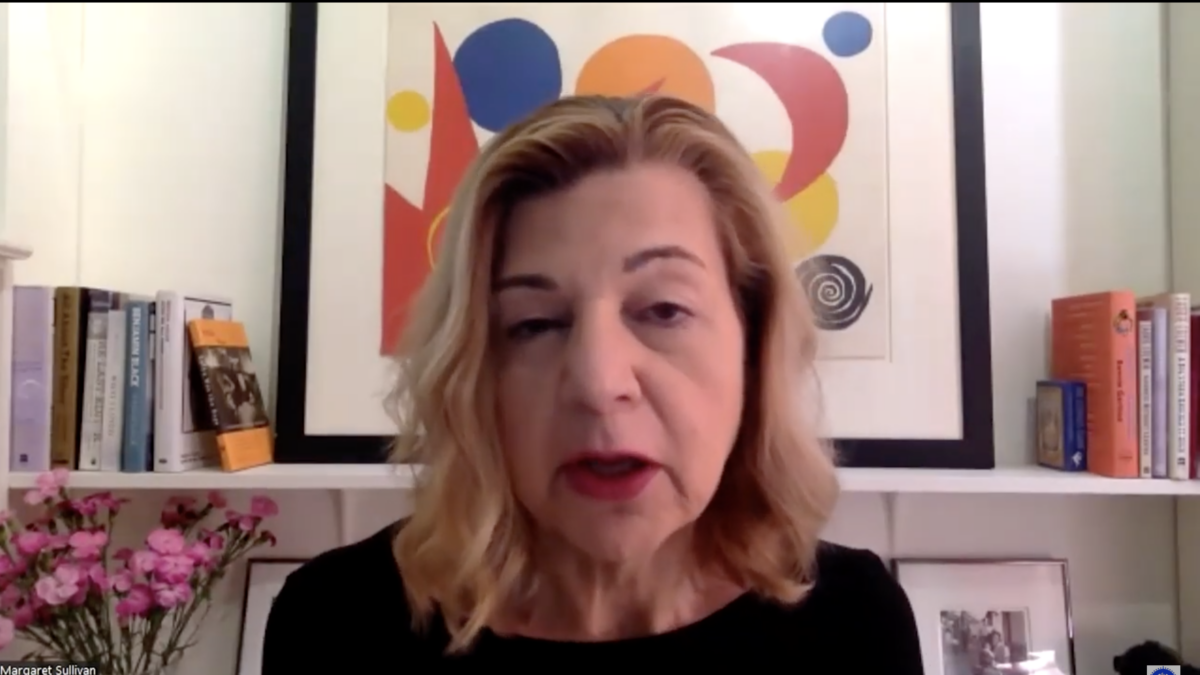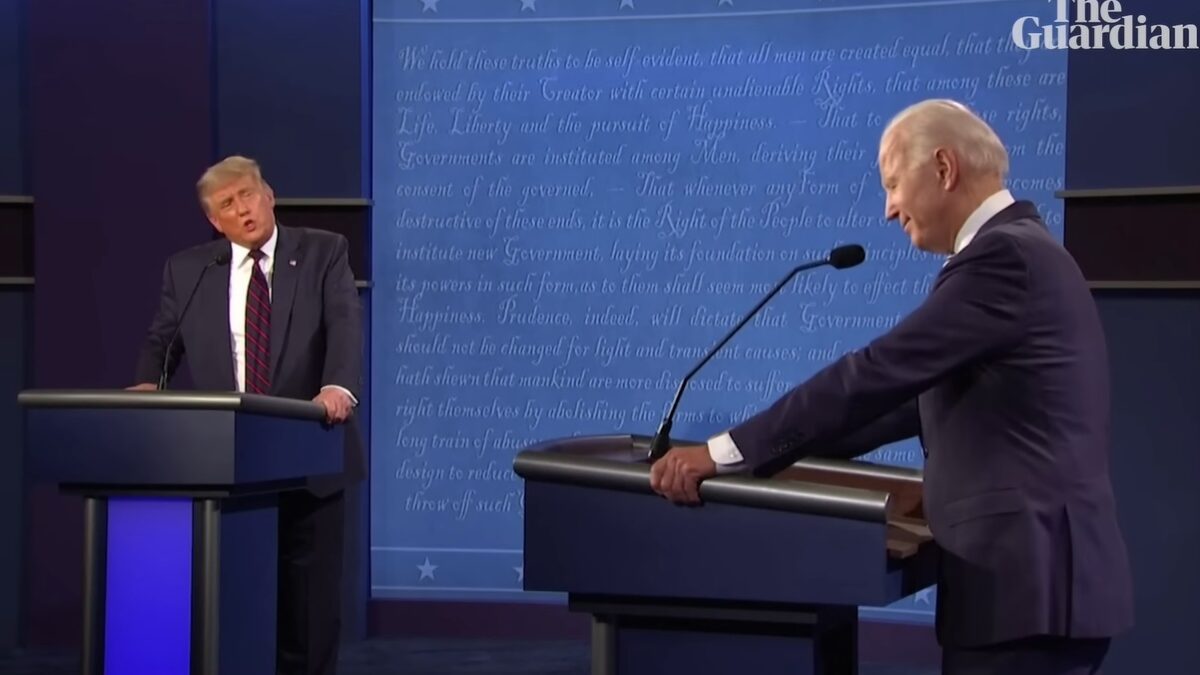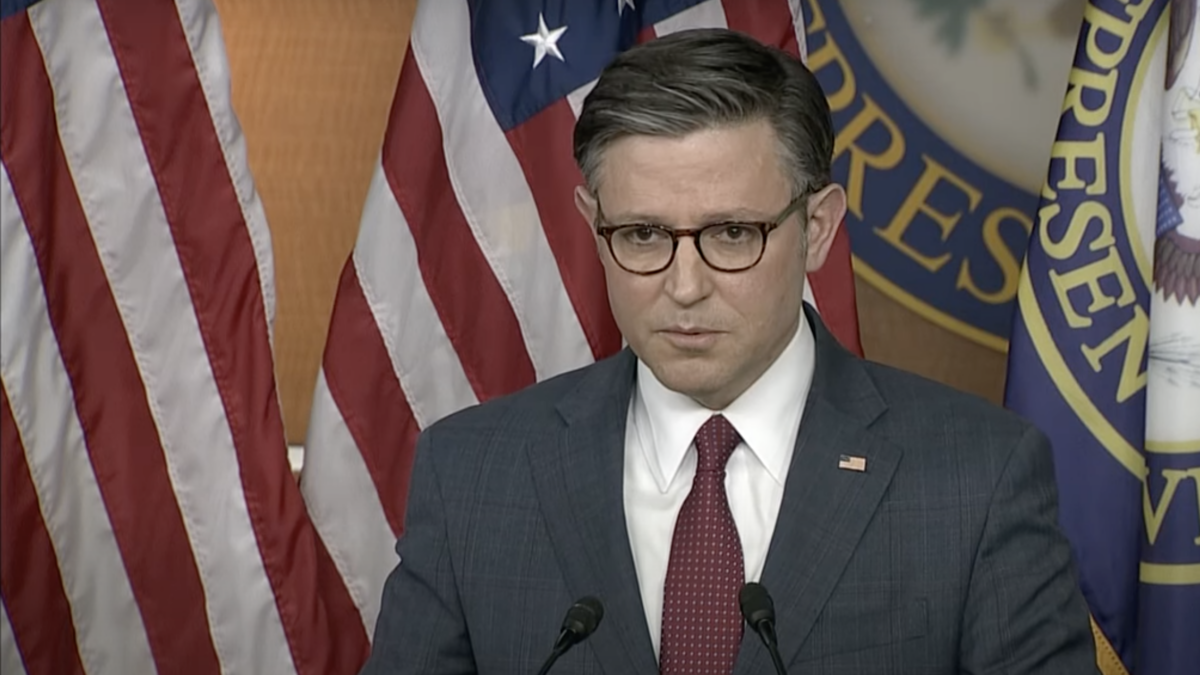A few weeks after Iran’s “president,” Ebrahim Raisi, promised stricter enforcement of his nation’s misogynistic dress code, a woman named Mahsa Amini, a 22-year-old Kurd, was likely beaten to death by “morality police” for failing to wear her hijab properly. The apparent murder was nothing new for the theocratic “guidance patrols” that have been patrolling cities since the 1979 Islamic revolution, one of the most disastrous events of the late 20th century.
This week, Leslie Stahl of “60 Minutes” interviewed this same theocratic crackpot responsible for Amini’s death wearing a hijab. And it immediately reminded me of Italian journalist Oriana Fallaci’s 1979 interview with Ayatollah Khomeini. The juxtaposition reminds us just how much journalistic integrity has eroded.
Rarely mentioned these days, Fallaci, who died in 2006, was somewhat of a celebrity due to her pugilistic interviews with world leaders in the 1960s and 1970s. A war correspondent for most of her career, Fallaci was shot three times and left for dead during student demonstrations in Mexico City in 1968 in what became known as the Tlatelolco massacre. Striking and sophisticated, uninterested in the ideology or political affiliation of her victims, Fallaci had no patience for moral equivalency. In truth, she was a liberal of the old school, and her infinite skepticism regarding power made her the most formidable interviewer of her time. “Whether it comes from a despotic sovereign or an elected president, from a murderous general or a beloved leader, I see power as an inhuman and hateful phenomenon,” she is quoted in her book “Interviews with History” (which should be required reading in journalism school). “I have always looked on disobedience toward the oppressive as the only way to use the miracle of having been born.”
Kissinger famously referred to his interview with Fallaci as “the single most disastrous conversation I have ever had with any member of the press.” Fallaci asked then-darling of Western leftists, Yasser Arafat, “How many Israelis do you think you’ve killed up to this date?” When Libyan strongman Moammar Gadhafi began spinning an anti-Semitic “Zionist” conspiracy of his own, she told him that “Hitler would have been a very good friend for you.” After interviewing her for Playboy in 1981, the left-wing journalist Robert Scheer noted it was “the first time in my life, I found myself feeling sorry for the likes of Khomeini, Qaddafi, the Shah of Iran, and Kissinger…”
Did anyone feel bad for Ebrahim Raisi after watching “60 Minutes”? I cringed reading outlets claim that Stahl had “confronted” Raisi over whether he was a Holocaust denier. Stahl asked Raisi: “Do you believe the Holocaust happened? That 6 million Jews were slaughtered?” Raisi answered that “historical events should be investigated by researchers and historians. There are some signs that it happened. If so, they should allow it to be investigated and researched.”
“So you’re not sure. I’m getting that. You’re not sure,” Stahl responded.
Ah, yes. If only someone had thought to research the Holocaust. In any event, that is no confrontation. It is merely a statement confirming the position of the Iranians. We already know that the regime, the world’s leading anti-Semitic entity, not only denies the Holocaust but promises to conduct its own genocide against Jews. And many in the United States government, to their everlasting shame, insist we coddle and empower this regime that is also responsible for the murder of 600 American servicemen — one out of every six fatalities in Iraq.
As Christopher Hitchens pointed out, comparing Dan Rather’s similarly gutless 2003 interview with Saddam Hussein to Fallaci’s grilling of Khomeini, it’s not the quality of the answers from dictators that is the problem, but the quality of the questions.
Fallaci, only months after the Islamic Revolution had occurred and a month before American diplomats and citizens were taken hostage, went, on her own, to Iran to procure an interview with Ayatollah Khomeini. She spent 10 days in the holy city of Qum surrounded by extremists waiting for the chance. (Fallaci writes about the ordeal in “Conversation with Power.”) Perhaps the only reason the Italian was given an audience was that she had also conducted a belligerent interview with Khomeini’s archenemy the Shah of Iran in 1973. (Fallaci: “I’d like to ask you: if I were an Iranian instead of an Italian, and lived here and thought as I do and wrote as I do, I mean if I were to criticize you, would you throw me in jail?” The Shah: “Probably.”)
Fallaci, barefoot and covered in Islamic garb from head to toe, proceeds to challenge every Khomeini lie, confronting him on his fascistic tactics and murders. You really need to read the transcript to comprehend just how masterfully she handles the interview. Here is a snippet of her challenging the Iranian regime’s insistence that she wear religious garb – a “stupid, medieval rag.”
FALLACI: Please, Imam, there are many things I still want to ask you. For example, this chador that they made me put on, to come to you, and which you insist all women must wear. Tell me, why do you force them to hide themselves, all bundled up under these uncomfortable and absurd garments, making it hard to work and move about? And yet, even here, women have demonstrated that they are equal to men. They fought just like the men, were imprisoned and tortured. They, too, helped to make the revolution.
KHOMEINI: The women who contributed to the revolution were, and are, women with the Islamic dress, not elegant women all made up like you, who go around all uncovered, dragging behind them a tail of men. The coquettes who put on makeup and go into the street showing off their necks, their hair, their shapes, did not fight against the Shah. They never did anything good, not those. They do not know how to be useful, neither socially, nor politically, nor professionally. And this is so because, by uncovering themselves, they distract men, and upset them. Then they distract and upset even other…
FALLACI: That’s not true, Imam. In any case, I am not only talking about piece of clothing, but what it represents. That is, the condition of segregation into which women have been cast once again, after the revolution. The fact that they can’t study at university with men, or work with men, for example, or go to the beach or to a swimming pool with men. They have to take a dip apart, in their chadors. By the way, how do you swim in a chador?
KHOMEINI: This is none of your business. Our customs are none of your business. If you do not like Islamic dress you are not obliged to wear it. Because Islamic dress is for good and proper young women.
FALLACI: That’s very kind of you, Imam. And since you said so, I’m going to take off this stupid, medieval rag right now. There. Done. But tell me something. A woman such as I, who has always lived among men, showing her neck, her hair, her ears, who has been in war and slept in the front line in the field among soldiers, according to you, is she an immoral, bold and unproper woman?
It is impossible for me to imagine any reporter showing the skills or guts to engage a bully in this way. Now, no one is expecting Leslie Stahl, or anyone else, to be the next Oriana Fallaci. But it would be nice if contemporary journalists were at least as tough on murderous dictators as they are on domestic conservative foes.









